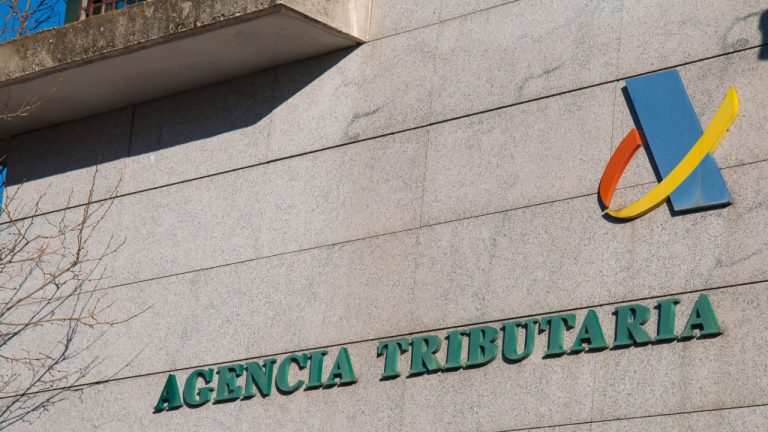Spanish Tax Agency Puts Crypto in Its Sights for the Upcoming Tax Season

The Spanish tax agency has included crypto as part of its new guidelines for this year’s upcoming tax collection season. Apart from boosting the channels for voluntary tax applications, the agency will potentiate the investigation of cryptocurrency in digital payments, including potentially seizing cryptocurrency associated with tax debts and criminal activity.
Spanish Tax Agency to Intensify Crypto Tax Oversight
The Spanish tax agency is preparing its crypto strategy for the upcoming tax collection season. On Feb. 27, the agency revealed several guidelines to increase the collection of taxes related to the use of cryptocurrency in digital payments, and also to curb criminal activity.
In the document, the agency declares that “this year, the intention of the collection area to promote actions to locate crypto assets subject to seizure is underlined.” This could mean that tax debtors will be tracked and have their cryptocurrency seized to amend their debts. However, the document does not offer more details about how the agency aims to do this, or the tools that it will use for this purpose.
In the same way, the institution indicates that it will develop “an investigation plan associated with the use of cryptocurrencies in the field of the digital economy in order to detect assets whose origin may be linked to criminal activities.”
Crypto in the Crosshairs
These new movements are directed to strengthen the vigilance that the Spanish tax agency exerts on crypto assets, with the objective of ramping up collection.
Other tax agencies in the world are also including digital wallets and cryptocurrency as an important part of their investigative and seizure processes. For example, the Argentine tax authority has been able to confiscate funds from digital wallets since February 2022, when the organization included this kind of structure, very popular in Argentina, as part of the assets susceptible to seizure.
However, the Spanish tax agency has historically not been so successful when targeting the growing cryptocurrency investment crowd. Reports indicate that it only managed to warn 5.3% of the cryptocurrency investors in the country about their duty of paying crypto taxes in 2022.
This means that more than 4 million cryptocurrency investors were not contacted by the agency regarding their cryptocurrency tax duties. Some of these crypto holders don’t even know they have to declare these assets, according to local analysts.
What do you think about the actions of the Spanish tax agency regarding collecting crypto taxes? Tell us in the comments section below.



